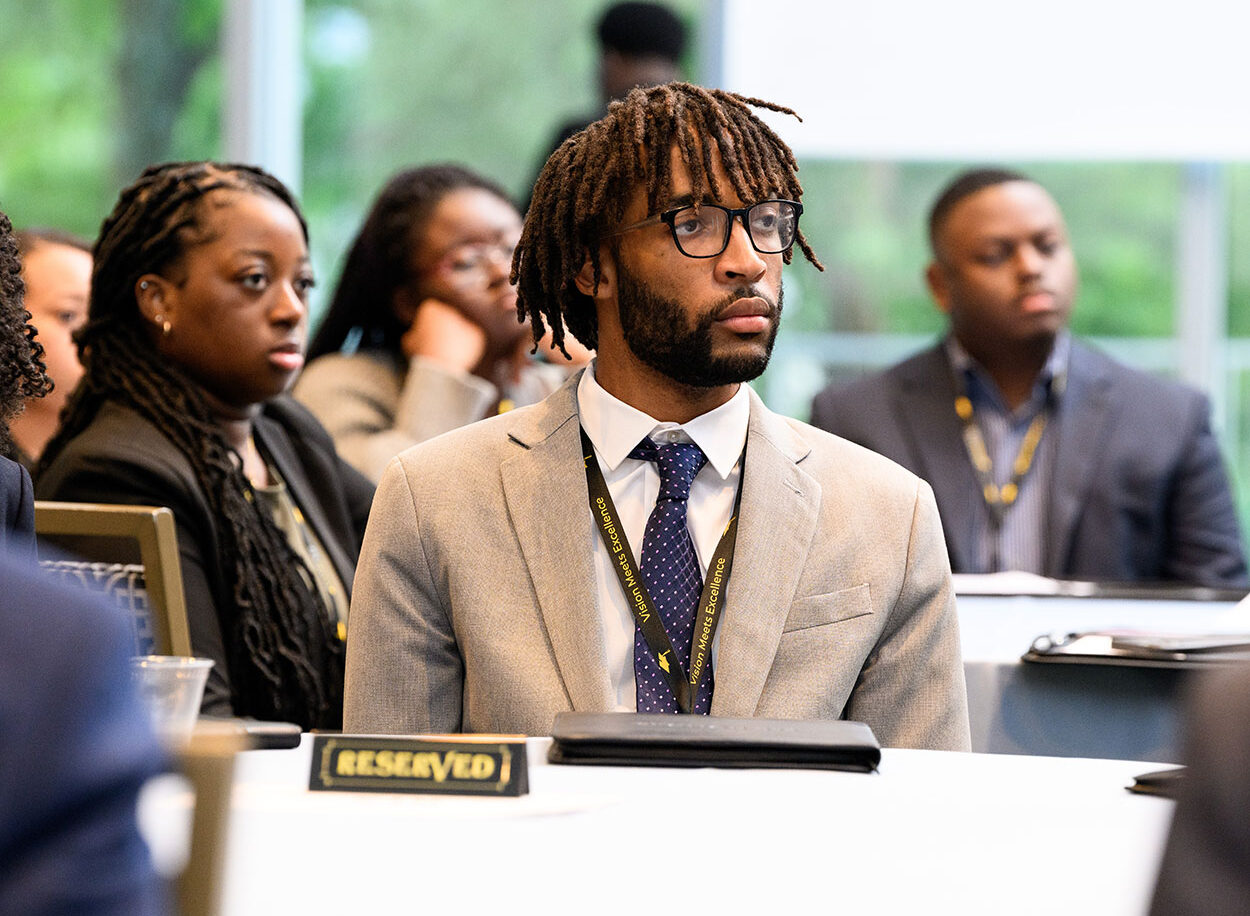Price M. Cobbs Took His Book on Black Anger Into Executive Offices
In the wake of the assassination of Dr. Martin Luther King Jr. 50 years ago, Price M. Cobbs, a San Francisco-based psychiatrist, co-wrote a book seeking to explain the causes of the violence erupting in black communities.
“Black Rage,” written with Dr. William H. Grier, explored the psychological effects of slavery’s legacy on every African-American. It drew on case studies of patients of the two African-American psychiatrists. “They are typical of black Americans, held tight in a snare, coming to realize that even their inner suffering is due largely to a hostile white majority and, with this realization, gaining a determination to change that hostile society,” the authors wrote.
“Black Rage,” which became a media sensation, was used as a slogan for black radicals and a controversial criminal-defense strategy. Often, it was mischaracterized as a “hate whitey” treatise, Dr. Cobbs said in a 2007 interview.
The book ended up having perhaps its biggest and most lasting impact in one of the least likely places: the U.S. corporate world. Eventually, Dr. Cobbs closed his psychiatry office to focus on what a decade later would be called diversity training at a long list of clients, including Walmart and PepsiCo.
Dr. Cobbs died June 25 in a hospital in suburban Philadelphia. He was 89 years old.
“What made the corporate world so attractive was the ability to influence more people and the ability to influence institutions,” Dr. Cobbs said in the 2007 interview. “I could influence the hiring of not one but hundreds of people.”
Dr. Cobbs estimated that by the 1980s he had a database with more than 10,000 African-Americans in various corporate jobs. But he had many more names than that, as he coached managers and high-level executives of every background with a variety of workplace goals.
Those who read the bleak and bluntly worded “Black Rage” often were surprised to meet Dr. Cobbs, a self-described optimist who was easygoing, with a quick wit and great patience and pragmatism.
“He had quite an impact on my life,” said Bernard J. Tyson, chairman and chief executive officer of Kaiser Permanente, who was introduced to Dr. Cobbs when he started his career at the company in 1984. “He did a great job of sensitizing us as to how to deal with the stresses of being challenged as a race of people in this country.”
He said Dr. Cobbs taught him about staying positive, taking control of “ugly” situations and remaining true to yourself. “He did a lot of work around being real, showing up every day with who you are,” said Mr. Tyson. “It was from this deeper understanding that we are told to assimilate or to fit in. You have to be part of a team and play by the rules—or make the rules—but you need to be who you are.”
He added that Dr. Cobbs had a bigger agenda: “Help us become a better nation.”
Mr. Tyson also attended some of Dr. Cobbs’s closed-door gatherings at the Executive Leadership Council, a Washington nonprofit that promotes the development of black executives. Dr. Cobbs began consulting there not long after its founding in 1986, leading one popular career seminar that grew to some 1,000 participants.
Price Mashaw Cobbs was born Nov. 2, 1928, in Los Angeles, the youngest of three children. He described his mother, Rosa Mashaw, as a religious schoolteacher in a family of ministers, and his father, Peter Price, as a leftist-intellectual physician in a family of doctors. His father introduced him to luminaries such as actor Paul Robeson, poet Langston Hughes, architect Paul Williams and singer Lena Horne, as well as the blacklisted writers known as the Hollywood Ten—in particular Dalton Trumbo, with whom he exchanged letters.
Dr. Cobbs studied pre-med at UCLA and transferred to the University of California-Berkeley before being drafted in the early 1950s. He returned to his studies, graduating in 1954, and went on to earn his medical degree from the historically black Meharry Medical College in Nashville, Tenn., in 1958. By then, he was married to Evadne Priester. They moved to San Francisco, where he spent the remainder of his life.
After the success of “Black Rage,” Dr. Cobbs and Dr. Grier wrote another book together “The Jesus Bag,” a look at the conflicting roles of religion in the life of African-Americans. Dr. Grier died in 2015.
Dr. Cobbs’s other books include “Cracking the Corporate Code: From Survival to Mastery” and “Cracking the Corporate Code: The Revealing Success Stories of 32 African-American Executives,” both written with Judith L. Turnock. In 2005, he wrote a memoir, “My American Life: From Rage to Entitlement.”
Looking at “Black Rage” near its 40th anniversary, Dr. Cobbs said that he “would refine” much of his writing on women, but that he considered it still relevant. He said Americans should face society’s racial disparities and commit to gaining a deep and realistic understanding of their history so they can affect change.
“If you are black in this society, you perceive the world through that lens and the world perceives you through a lens. That’s a different experience,” he said in 2007, offering a first step. “Drop the value judgment of good or bad. Just understand that.”
Dr. Cobbs’s survivors include his wife of 33 years, Frederica Maxwell Cobbs, as well as two children from his earlier marriage and three grandchildren. His first wife, Evadne Priester Cobbs, died in 1973.
